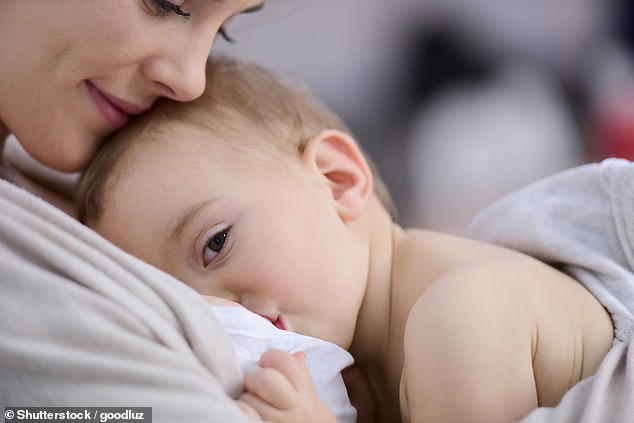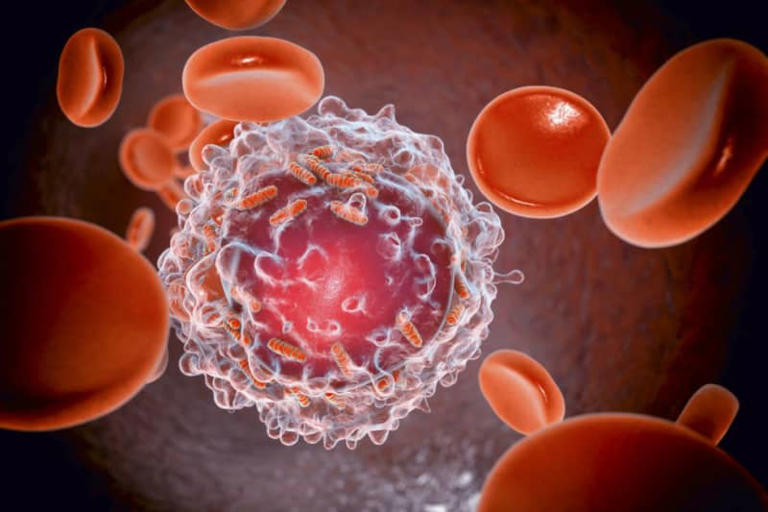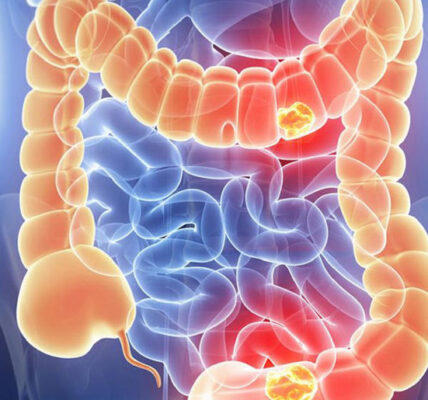“Pandemic Babies: 5 Surprising Secrets to Immunity Boost!”
Discover how pandemic babies exhibit fascinating biological changes, including an altered gut microbiome and lower rates of allergic conditions. Learn how lockdowns influenced their health and immunity in this insightful exploration.

Pandemic Babies: Exploring Unique Biological Changes
In the wake of the Covid-19 pandemic, a curious phenomenon emerged: pandemic babies, born during the era of global lockdowns, displayed intriguing biological alterations that impacted their health and immunity. In this exploration, we delve into the fascinating findings of a study conducted by researchers from University College Cork, shedding light on the unique characteristics of these pandemic-born infants.
Understanding the Altered Gut Microbiome
At the heart of the study’s revelations lies the discovery of an altered gut microbiome among pandemic babies. The gut microbiome, comprising a diverse array of bacteria residing in our digestive tracts, plays a pivotal role in digestion, immunity, and overall health.
Researchers observed that pandemic babies exhibited a distinct microbiome composition, characterized by a higher prevalence of beneficial bacteria. These “good” bacteria, acquired from both maternal transmission during pregnancy and environmental exposure post-birth, appeared to confer protective benefits against allergic conditions and infections.
Lower Rates of Allergic Conditions
One of the most striking findings of the study was the significantly lower incidence of allergic conditions among pandemic babies compared to their pre-pandemic counterparts. Despite the prevailing notion that early-life exposure to allergens might predispose infants to allergies, pandemic babies defied expectations.
The altered gut microbiome observed in pandemic babies seemed to act as a shield against allergic diseases, such as food allergies. With a higher abundance of beneficial microbes, these infants exhibited resilience to allergic triggers, offering a glimpse into the intricate interplay between gut health and immune function.

Impact of Reduced Antibiotic Usage
Another noteworthy revelation pertained to the reduced usage of antibiotics among pandemic babies. As a consequence of reduced exposure to germs and infections during lockdowns, these infants required fewer courses of antibiotics in their early years.
Antibiotics, while instrumental in treating bacterial infections, can inadvertently disrupt the delicate balance of the gut microbiome by indiscriminately targeting both harmful and beneficial bacteria. By experiencing fewer instances of antibiotic administration, pandemic babies enjoyed the preservation of their microbiome integrity, fostering a healthier immune milieu.
Role of Prolonged Breastfeeding
The study also underscored the significance of prolonged breastfeeding in shaping the health outcomes of pandemic babies. Breast milk, hailed as nature’s elixir, contains a myriad of immune-boosting components that bolster infant immunity and promote optimal growth and development.
Pandemic babies, benefiting from extended breastfeeding durations, received a continuous supply of essential nutrients and antibodies, further fortifying their immune defenses. This nurturing bond between mother and child, facilitated through breastfeeding, contributed to the overall well-being of these infants during a tumultuous period in history.
Looking Ahead: Long-Term Implications
As researchers embark on a journey to unravel the mysteries surrounding pandemic babies, questions linger regarding the long-term implications of their early-life experiences. While the initial findings offer glimpses into the immediate benefits of altered gut microbiomes and reduced antibiotic exposure, the true impact may only manifest in the years to come.
By tracking the development of pandemic babies into early childhood and beyond, researchers aim to discern any enduring effects on their health, immunity, and susceptibility to allergic diseases. This longitudinal approach promises valuable insights into the intricate interplay between environmental factors, microbiome dynamics, and immune modulation.
Conclusion
In the annals of medical science, the emergence of pandemic babies stands as a testament to resilience and adaptation in the face of unprecedented challenges. Amidst the turmoil of a global health crisis, these infants offer hope and inspiration, showcasing remarkable biological adaptations that defy conventional wisdom.
As we navigate the complexities of a post-pandemic world, the lessons gleaned from the study of pandemic babies serve as a beacon of enlightenment, illuminating the profound connections between human health, immunity, and the microbial universe within us.
In their innocence lies a profound revelation: that amidst adversity, nature bestows upon us the resilience to thrive, forging new pathways towards a brighter, healthier future for generations to come.




